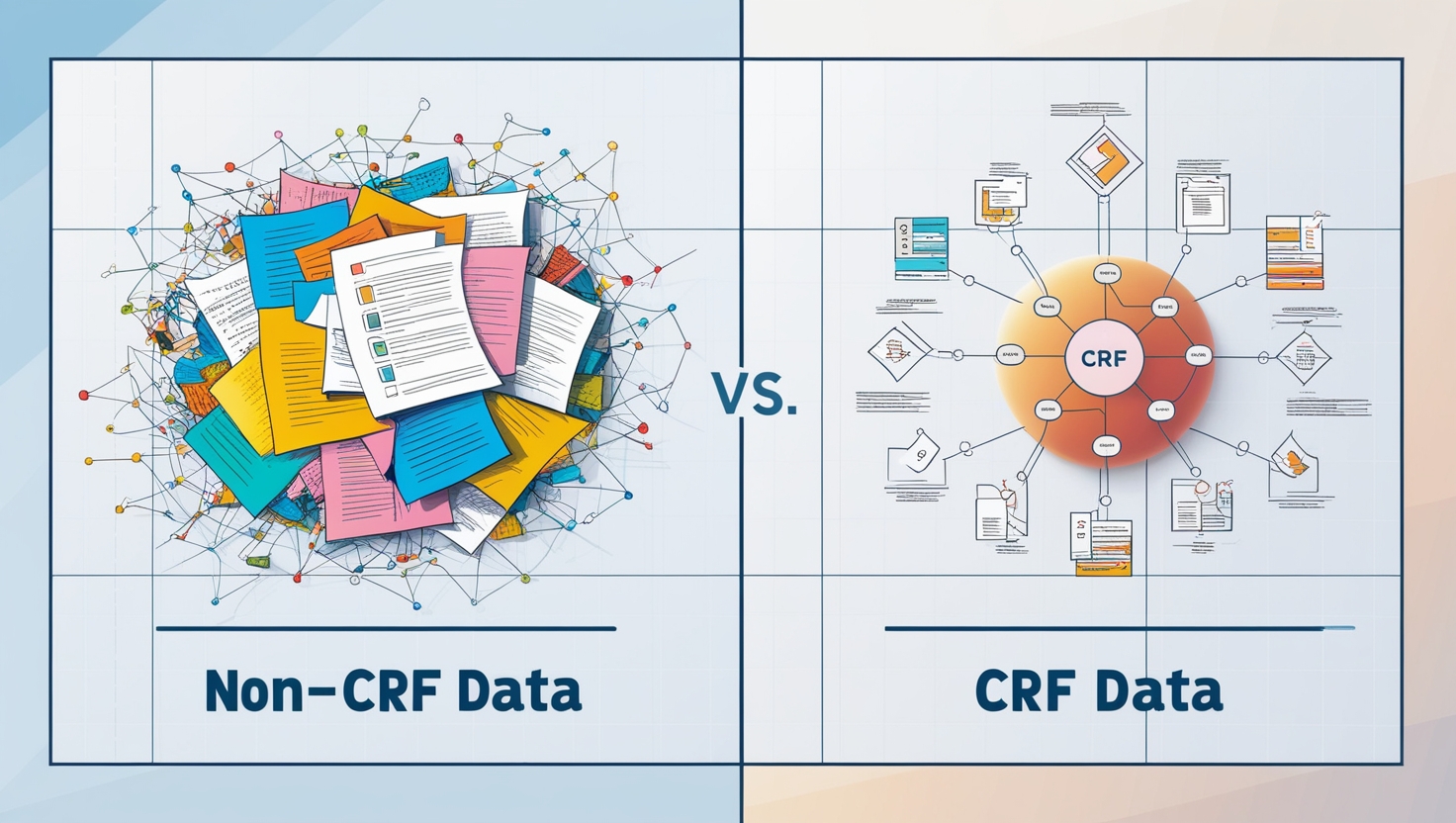Reconciliation of CRF data vs Reconciliation of Non- CRF data
The reconciliation of CRF data and the reconciliation of Non-CRF data are essential processes in clinical trials to ensure that all data collected is accurate, complete, and consistent. Here’s a breakdown of the differences and key elements of each: 1. Reconciliation of CRF Data CRF Data:The Case Report Form (CRF) is a structured document (either … Read more



